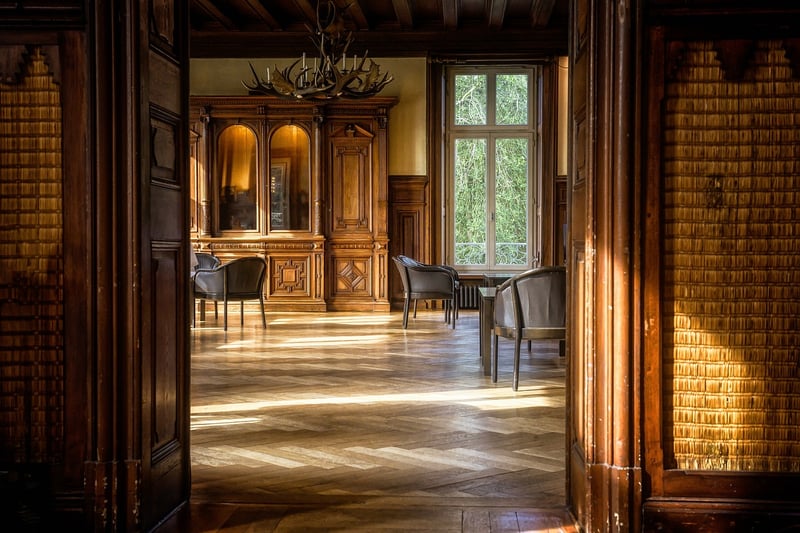Sustainable Living Spaces
#Home
#Furniture
#Sustainability
The Art of Creating Sustainable Living Environments
In a world where environmental concerns are becoming increasingly prominent, the concept of sustainable living environments is gaining momentum. Creating spaces that promote sustainability not only benefits the planet but also enhances the quality of life for individuals. From eco-friendly materials to energy-efficient designs, there are various elements to consider when aiming to develop sustainable living spaces.
Key Elements of Sustainable Living Spaces
- Energy Efficiency: Incorporating energy-efficient appliances, lighting, and heating/cooling systems can significantly reduce a home's carbon footprint.
- Renewable Energy Sources: Utilizing solar panels or wind turbines can help generate clean energy and reduce reliance on traditional power sources.
- Water Conservation: Installing low-flow fixtures, rainwater harvesting systems, and drought-resistant landscaping can minimize water wastage.
- Recycled and Eco-Friendly Materials: Using recycled materials and sustainable resources like bamboo or cork flooring promotes a circular economy and reduces environmental impact.
- Green Spaces: Incorporating greenery, such as indoor plants or rooftop gardens, can improve air quality and create a healthier living environment.
Benefits of Sustainable Living Environments
- Reduction of carbon footprint
- Lower energy bills
- Healthier indoor air quality
- Enhanced comfort and well-being
- Contribution to environmental conservation
Embracing sustainable living practices not only positively impacts the environment but also fosters a sense of responsibility towards future generations. By making conscious choices in the design and maintenance of living spaces, individuals can play a significant role in creating a more sustainable world.

Image Source: Pixabay
